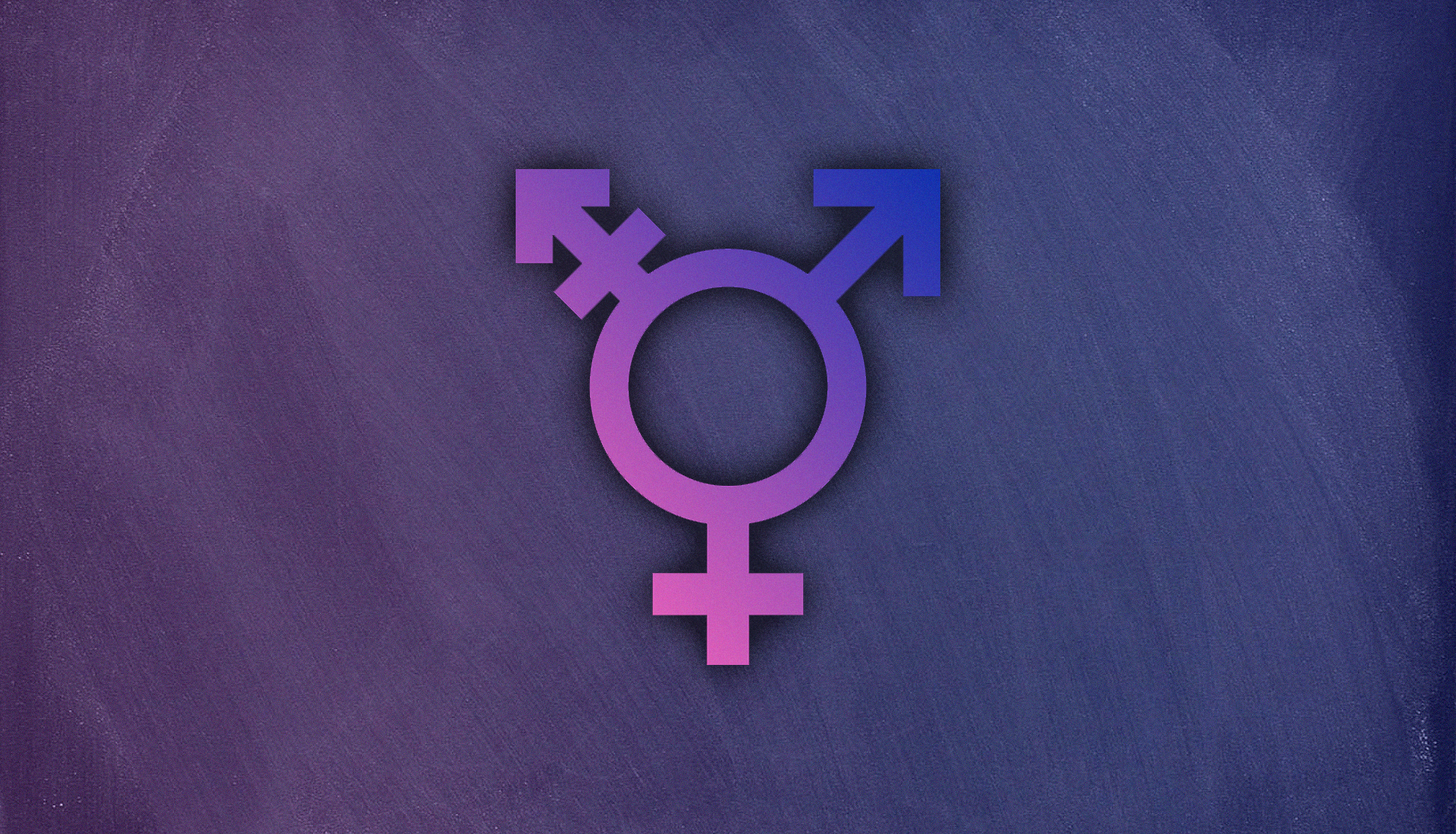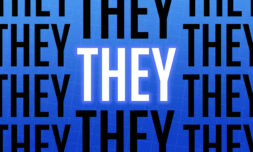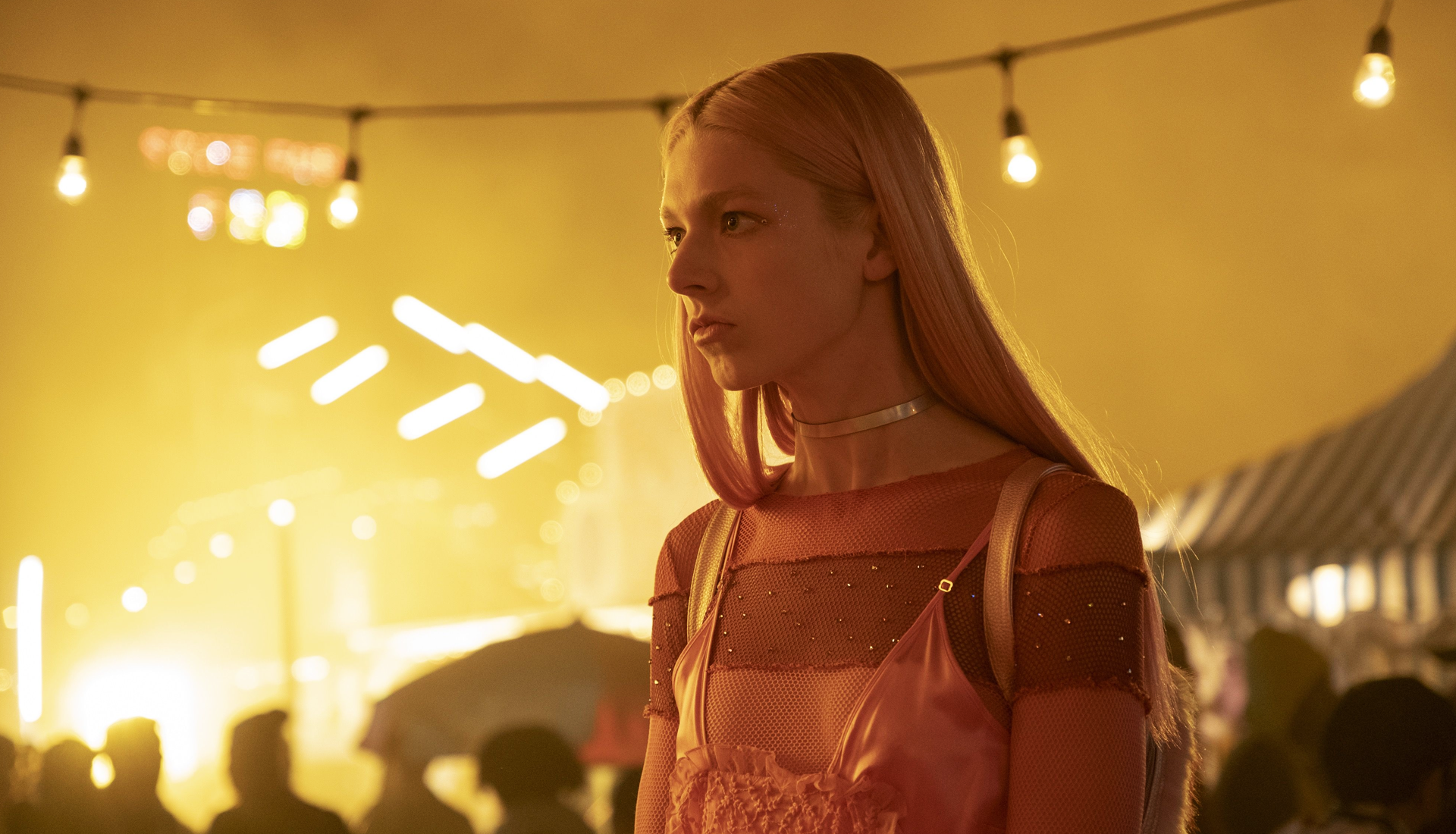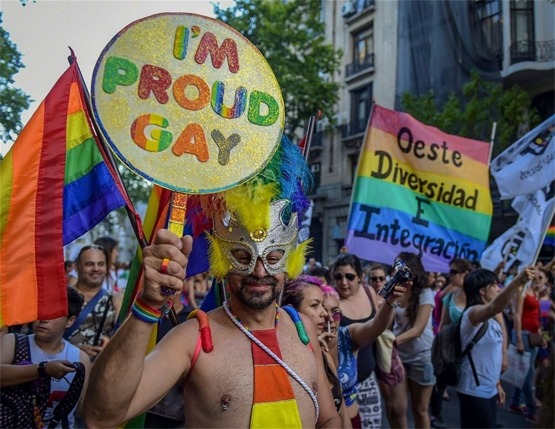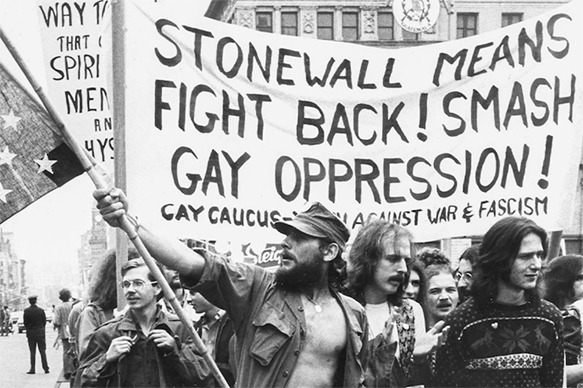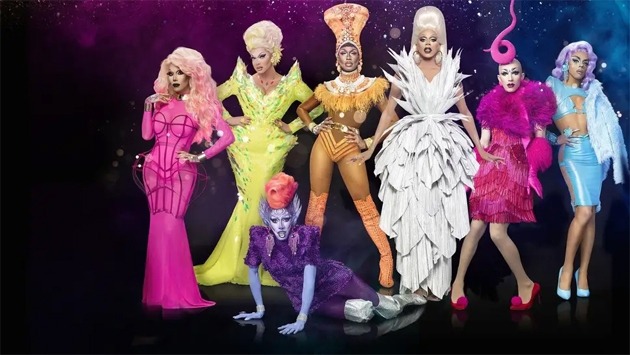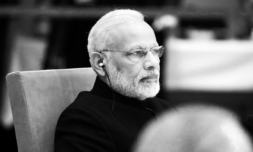First gender was innate. Then it was a social construct. Then it was spectrum. Now, Gen Z are challenging the need for it altogether.
Recently, the necessity of ‘coming out’ and defining your sexuality took yet another blow at the hands of an unlikely cultural icon. If you’ve not read up on the media-shattering phenomenon that was and is UK’s Love Island (clue yourself up here) then you can likely imply from the name that the reality show isn’t famed for its wokeness. A bunch of attractive, single cis/het people attempt to form attractive, cis/het couples to win money.
So, it was refreshing to see a light eschewing of these heteronormative expectations from 2019 contestant and ballroom dancer Curtis Pritchard.
Curtis received significant attention for his supposedly ‘feminine’ behaviour on the show; he repeatedly showed affection for male contestant Tommy Fury with furtive smooches on the lips, and despite ending up with female islander Maura Higgins he responded to some frankly impetuous questioning from The Sun regarding his sexuality, stating that he ‘wouldn’t rule out’ any form of love in his future.


A debate has since been raging in the Love Island community as to whether these comments are enough to officially class Curtis as bisexual or not. And this argument completely sidesteps the entire point of Curtis’ unwitting contribution to Gen Z’s prevailing dialogue about sexuality.
Ultimately, what the Gen Z LGBT+ community has taught us with its emphasis on fluidity is that the onus to define yourself in relation to any kind of binary simply reinforces binarism. If everyone who doesn’t identify as straight is forced to ‘come out’, this implies that straightness is somehow the resting state of humanity, and that deviation from it must be clearly demarcated.
In fact, Gen Z are teaching us that identifying as completely straight is not longer the norm.


At least at many people from the ages of 15-23 in 2018 stated that they were attracted to more than one gender and did not identify as ‘exclusively heterosexual’. You need only look at the types of content young people are consuming to appreciate how purposeful acts of inclusivity (the laborious box ticking rife in 2010s TV) has given way to representation that doesn’t even feel forced, aka Jules in Euphoria.
The intersection between social issues and pop culture has created a field in which it’s possible for people to explore their sexuality, and to create entirely new definitions of identity to suit their needs. In short, where people can simply exist.
For some members of Gen Z, this radical movement towards an even playing field whereby everything legal and consenting goes suggests we may be headed towards a society that does away with the labels of ‘man’ or ‘woman’ altogether.
This movement is called ‘postgenderism’, and it’s been around for longer than you might think. In 1979, Shulamith Firestone’s The Dialect of Sex argued that the end goal of the feminist revolution shouldn’t just be elimination of male privilege, but the sex distinction itself.
Postgenderists argue that gender is an arbitrary and unnecessary limitation on human potential, and that we’d all be a lot happier if it just ceased to exist. Given the radical potential for advanced assistive reproductive options, postgenderists believe all post-gender humans will have the ability, if they so choose, to both carry a pregnancy to term, and to ‘father’ a child.


Logistically, this might seem complicated, but it’s simply the natural extension of the arena we’re already playing in. Gen Z have essentially eliminated ‘straightness’ already, so why not gender? If reproduction is the last remaining necessity of gender, and that becomes a non-issue, then the true erasure of binaries is what will allow people to be who they wish to be, and love who they love.









